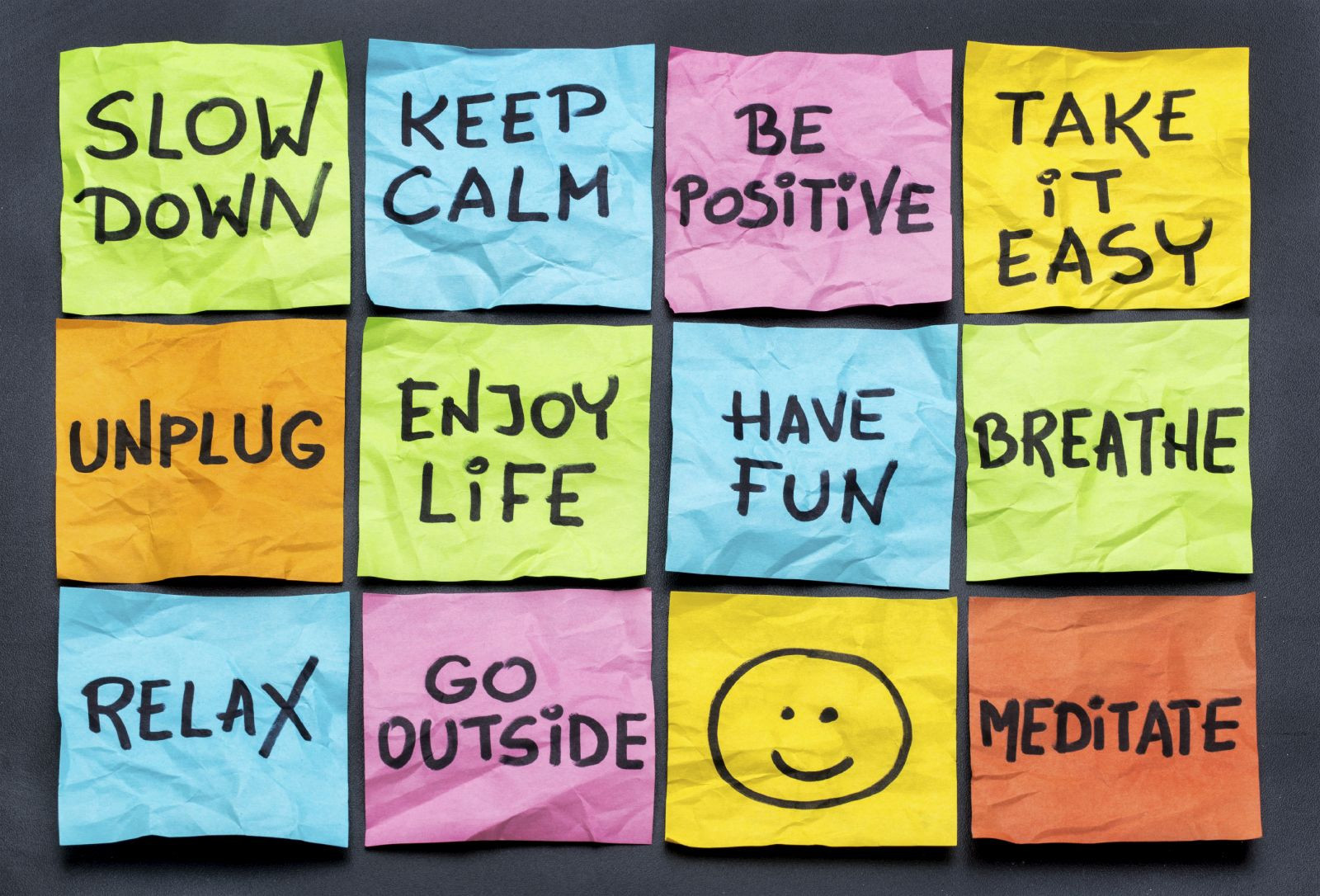
How — and why — to fit more fiber and fermented food into your meals

UTI in older women: Why postmenopausal women are susceptible to urinary tract infection, and what to do about it

Can a routine vaccine prevent dementia?

Some adults may need a measles booster shot. Who should get one and why?

Less butter, more plant oils, longer life?

Healthier planet, healthier people

Counting steps is good — is combining steps and heart rate better?

Appendix pain: Could it be appendicitis?

Can saw palmetto treat an enlarged prostate?

How does Ozempic work? Understanding GLP-1s for diabetes, weight loss, and beyond
Blood Pressure Archive
Articles
White-coat hypertension: A cause for concern?
White-coat hypertension refers to blood pressure that's high only when measured in a medical setting. It's defined as a reading in the doctor's office of greater than 130/80 (but less than 160/100) and an average daytime blood pressure reading of less than 130/80. If home monitoring reveals mostly normal readings, treatment may not be needed. But intermittent blood pressure spikes might still damage the heart.
Incorrect arm position may skew blood pressure readings
Letting your arm dangle or rest in your lap (instead of being supported at heart level, as is recommended) during a blood pressure check can cause a falsely high reading, according to a 2024 study.
Broccoli beats potatoes for lowering blood pressure
Eating cruciferous vegetables like broccoli and cauliflower may reduce blood pressure more than eating squash and root veggies.
What's the right blood pressure?
U.S. guidelines define normal blood pressure as less than 120/80 millimeters of mercury (mm Hg). Studies have shown that the lower a person's blood pressure, the greater the heart health benefits. However, the "best" blood pressure number for someone depends on several factors, such as the person's health condition, lifestyle, family history, and personal goals. Depending on an individual's situation, a higher-than-normal number may be adequate.
The wrong arm position might affect your blood pressure measurement
A 2024 study found that the accuracy of a blood pressure reading is compromised if a person's arm isn't in a certain position. For the most effective measurement, the person should be seated, feet flat on the floor, with the arm supported so the elbow is at heart level.
Using a salt substitute can lower risk of developing high blood pressure
A 2024 study suggests that swapping table salt for a salt substitute can markedly lower the risk of developing high blood pressure.
A nondrug approach to lower blood pressure
Renal denervation, a nondrug treatment for uncontrolled high blood pressure, works by disrupting some of the nerves surrounding the renal arteries, which supply the kidneys. Two systems are FDA-approved for people whose blood pressure remains high despite lifestyle changes and medications. Renal denervation lowers systolic blood pressure by an average of 8 to 9 points—about the same as what people get with a single blood pressure drug. But the response varies widely; some people experience more dramatic drops, while others have no response.
Why choose bypass surgery over stents?
People who have stable angina despite taking medications can be treated with stents or bypass surgery. The best choice depends on the location and complexity of the artery blockages and other health conditions.

How — and why — to fit more fiber and fermented food into your meals

UTI in older women: Why postmenopausal women are susceptible to urinary tract infection, and what to do about it

Can a routine vaccine prevent dementia?

Some adults may need a measles booster shot. Who should get one and why?

Less butter, more plant oils, longer life?

Healthier planet, healthier people

Counting steps is good — is combining steps and heart rate better?

Appendix pain: Could it be appendicitis?

Can saw palmetto treat an enlarged prostate?

How does Ozempic work? Understanding GLP-1s for diabetes, weight loss, and beyond
Free Healthbeat Signup
Get the latest in health news delivered to your inbox!
Sign Up











